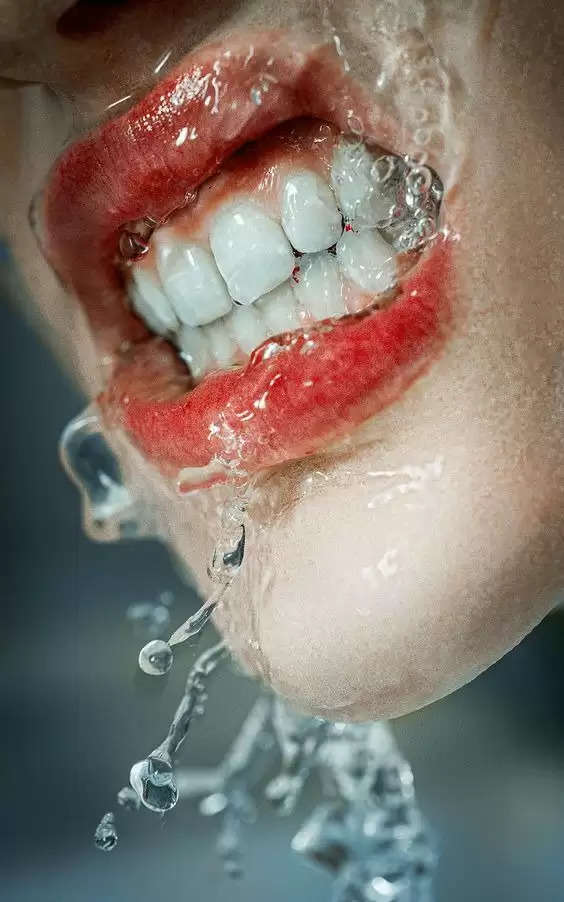The Breath Code: 6 Unexpected Factors That May Cause Bad Breath

Bad breath is like having toilet paper stuck to the bottom of your feet: usually harmless, but so awkward that no one will tell you about it. According to the American Dental Association (ADA), at the microbial level, bad breath occurs when naturally occurring bacteria in our mouths break down food particles between our teeth, along the gum lines, and especially between our teeth.

the tongue This process releases a host of foul-smelling compounds and gives rise to terrible stench—or, as it's more formally called, halitosis.

You just wake up
Obviously, right? Yes, morning breath is pretty much a given, but here's why: According to a June 2012 study published in the International Journal of Oral Science, while you're sleeping soundly, the bacteria in your mouth are anything but.
You are breathing through your mouth
Mouth breathing can cause your saliva to evaporate, which can dry out your mouth and reduce your mouth's ability to rinse out food particles. Some people breathe through their mouths when they sleep, but many people often do it during exercise, said Hedi Rifai, MD, a dentist at the Cleveland Clinic.
You ate some spicy food
Garlic and onion are two famous culprits, but other culprits include spices, cabbage, Brussels sprouts, cauliflower and radishes. Even though the pungent aroma of those foods disappears after an hour or two, it can still come back—in a big garlic burp.
You haven't eaten all day
Skipping meals is a surefire way to bad breath. That's because when we don't eat, we don't produce as much saliva.
you smoke
According to the ADA, add halitosis to the list of health conditions caused by cigarettes.
A 2015 study published in the journal Acta Stomatologica Croatiana found that long-term smoking reduces saliva production and changes its quality. Saliva plays an important role in maintaining oral health and oral hygiene by washing away food and bacteria. Additionally, enzymes and antibodies from saliva can destroy bacteria in the mouth and on the teeth that can lead to bad breath and tooth decay.
You have a cavity
Your dentist has already warned you that plaque buildup can wear down your teeth, leading to cavities. Technically, according to the National Library of Medicine, cavities are caused by tooth decay, or damage to the tooth's surface, which occurs when bacteria in your mouth make acids that attack the enamel.
